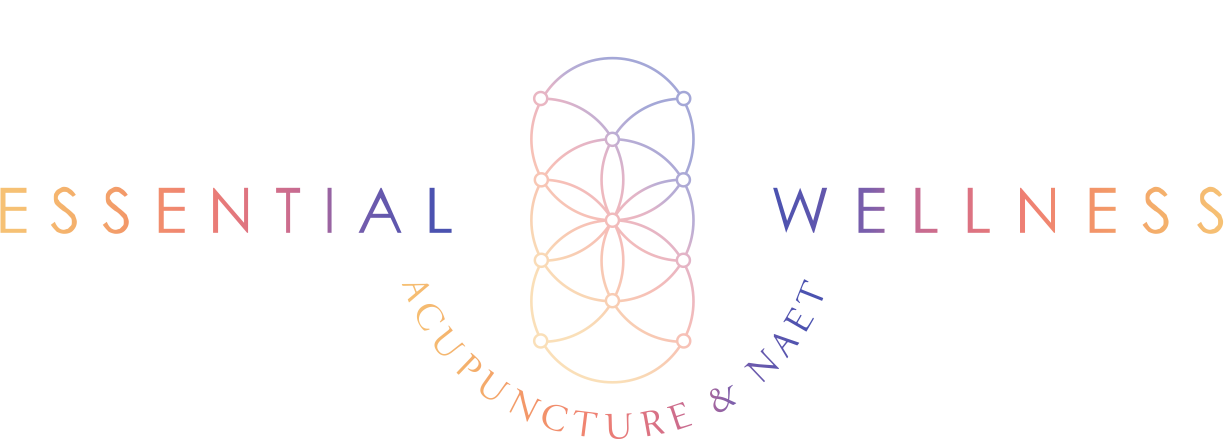Acupuncture & herbs
Acupuncture is one of the oldest and most commonly used medical practices in the world. Acupuncture originated in China more than 2,500 years ago and records of Chinese herbal medicine go back thousands of years further.
According to traditional Chinese medicine (TCM) there are channels or meridians that flow through the body. These channels serve as pathways for the flow of Qi (energy). Disruption or blockage of the energy flow in the channels leads to disease. Solid, stainless steel, hair thin needles are inserted into specific acupuncture points that are located along the channels to improve the flow of Qi, thus restoring balance. By bringing balance back to the body, health is restored.
Research studies have shown that needling acupuncture points stimulates the nervous system, which causes the body to release chemicals into the muscles, spinal cord, and brain. These chemicals decrease sensations of pain and trigger the body’s natural healing process. It works by increasing conduction of electric signals between neurons which prompts the production and release of endorphins, immune system cells, and the body’s natural opioids. Furthermore, acupuncture can affect areas of the brain such as the hypothalamus and pituitary gland in a positive way, which can induce positive changes in sleep, appetite, and temperature regulation.
Chinese herbal medicine is an important part of TCM. Using Chinese herbal medicine, we generally do not use single herbs to treat conditions, but consider each patient’s unique situation to formulate an individualized herbal prescription using a variety of Chinese herbs. Some herbal formulas may have from as few as 2 herbs to as many as 25 herbs or more.
From the traditional Chinese medical perspective, multiple herbs work in synergy to create a much more potent and effective formula than single herbs alone. Herbal formulas come in different forms. The most common are teas, pills, external washes, and ointments.
